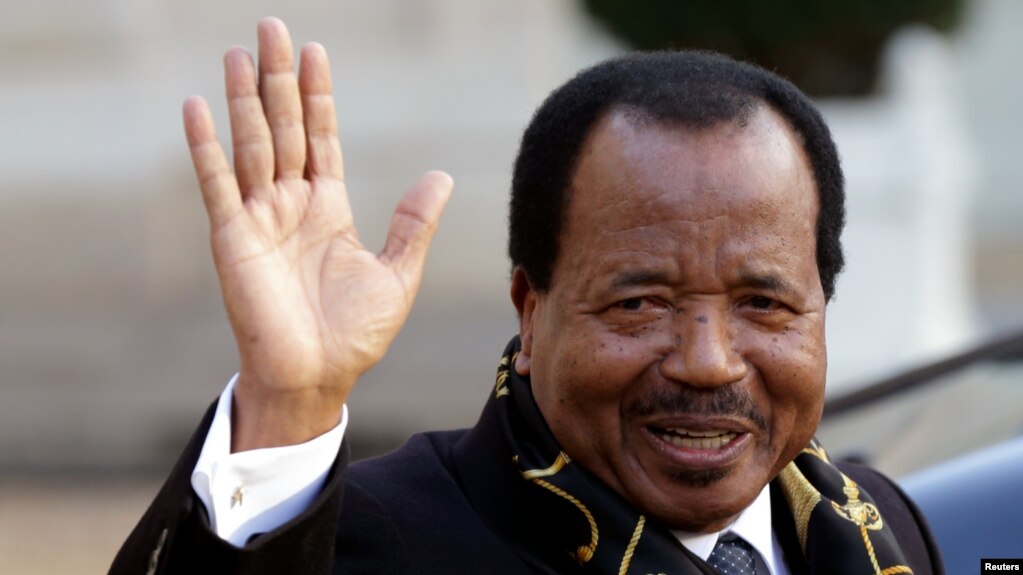 Separatists killed two policemen in the restive English-speaking region of Cameroon, a day after an officer was shot dead there, the government said Wednesday.
Separatists killed two policemen in the restive English-speaking region of Cameroon, a day after an officer was shot dead there, the government said Wednesday.
“Secessionist terrorists killed two gendarmes overnight in Bamenda,” government spokesman Issa Tchiroma Bakary told AFP, adding that the attack was carried out “with combat weapons.”
The two were on guard duty at the time, one of them outside a micro-loan bank, he said.
The assailants fled with the policemen’s guns, said Tchiroma, who is also minister for communications.
Bamenda is the chief town in the Northwest, one of two regions where unrest has broken out among Cameroon’s anglophone minority.
On Monday, “suspected separatists” killed a gendarme in Jakiri, also in the Northwest Region, while he was pursuing men who attacked a school, according to a local official.
The officer found himself cut off and encircled by the attackers in a forest, the source said.
French-speaking Cameroon has a large anglophone minority which comprises about a fifth of its population of 22 million.
Gathered mainly in two regions, many English speakers say they suffer inequality and discrimination.
On October 1, a breakaway movement issued a symbolic declaration of independence for their putative state of “Ambazonia.”
President Paul Biya fiercely opposes secession or a return to Cameroon’s former federal structure.
The agitation has met with a crackdown that has alarmed human-rights watchdogs.
International monitors say at least 20 and possibly 40 people have been killed in clashes since late September.
The International Crisis Group thinktank last month accused Cameroon of embracing policy of “murderous repression” that, it warned, could lead to an “armed uprising”.
The Biya government fiercely disputes the claimed death toll and has accused the ICG of being “an agency of destabilisation, in the pay of the secessionist movements.”
On October 31, the UN High Commissioner for Refugees said thousands of people had fled from the anglophone regions into neighbouring Nigeria, and the agency was bracing for an influx of up to 40,000.
The anglophone minority in Cameroon is a legacy of the colonial period in Africa.
France and Britain divided up the one-time German colony under League of Nations mandates after World War I.
A year after the French-ruled territory became independent in 1961, the southern part of British Cameroons was integrated into a federal system, scrapped 11 years later for a “united republic.

